Mon-Sat 9am-7pm
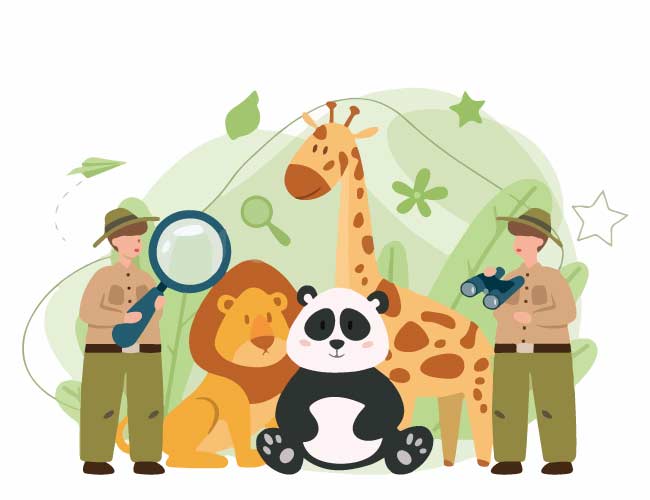
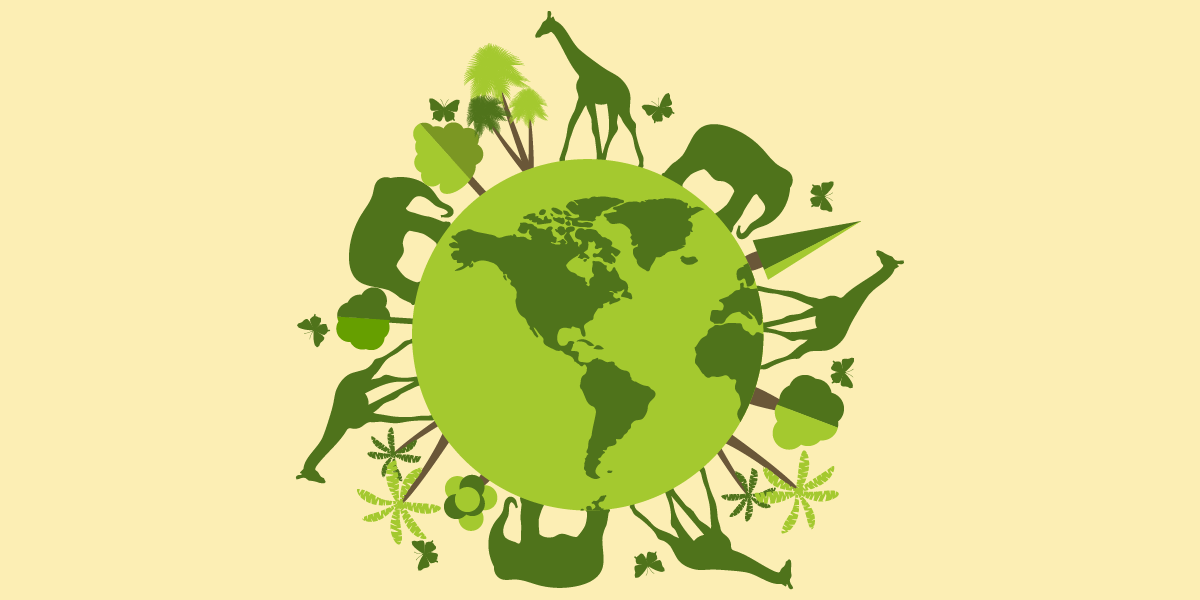
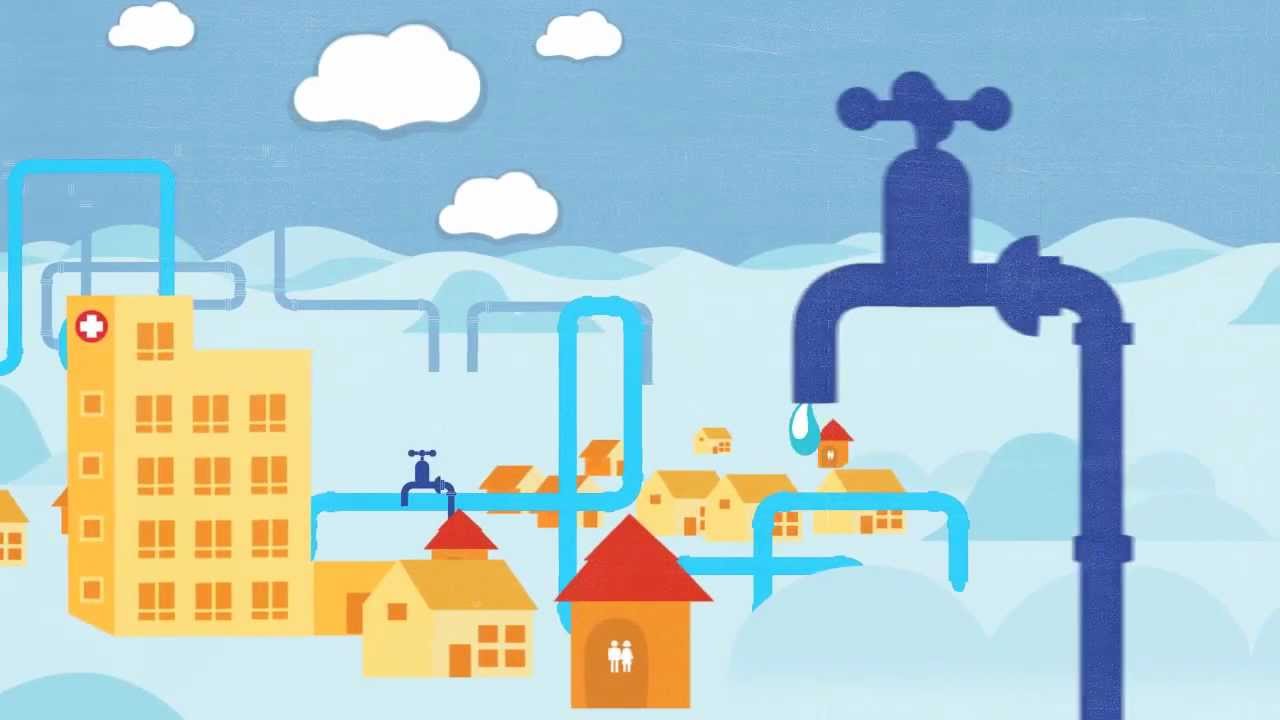


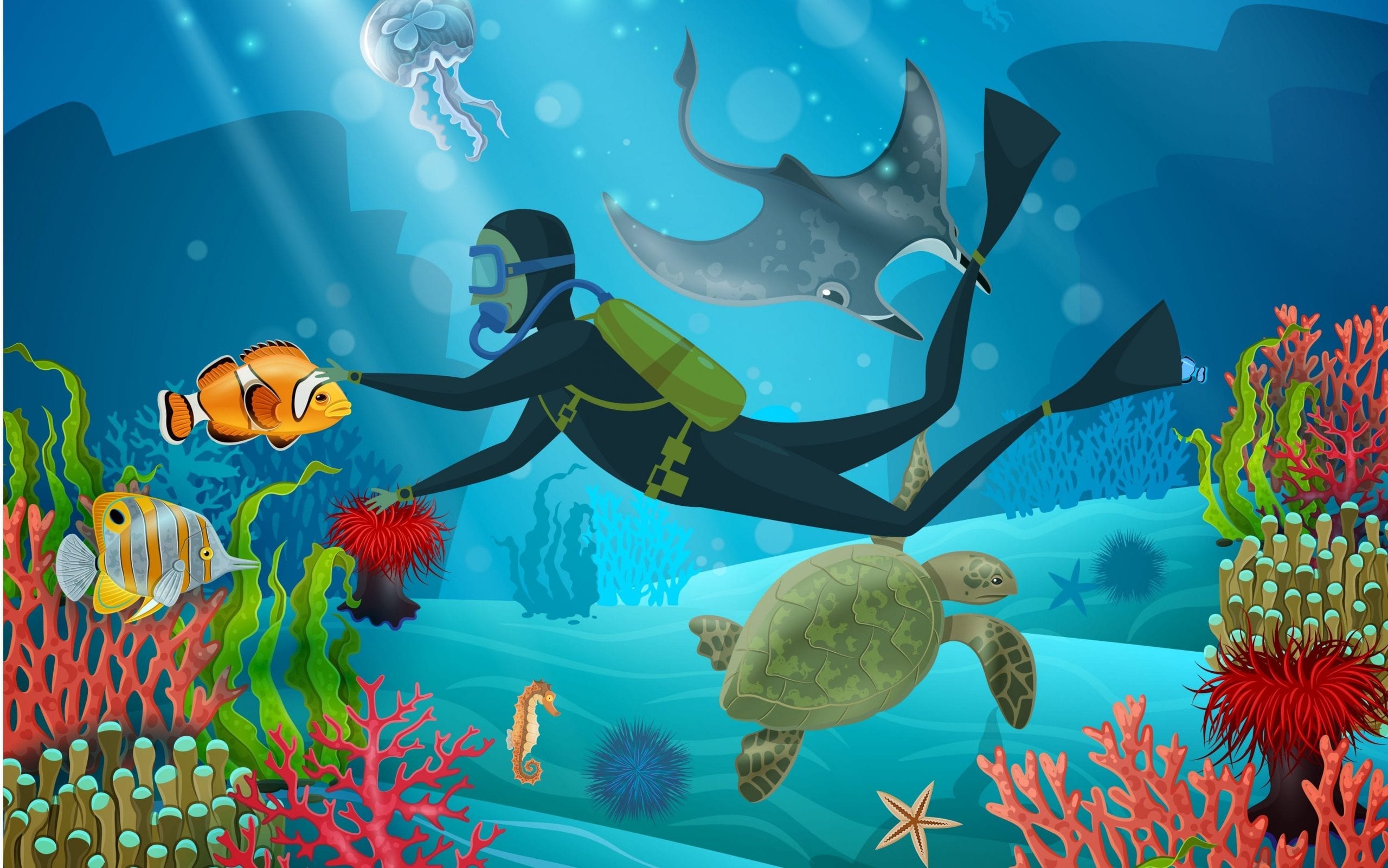


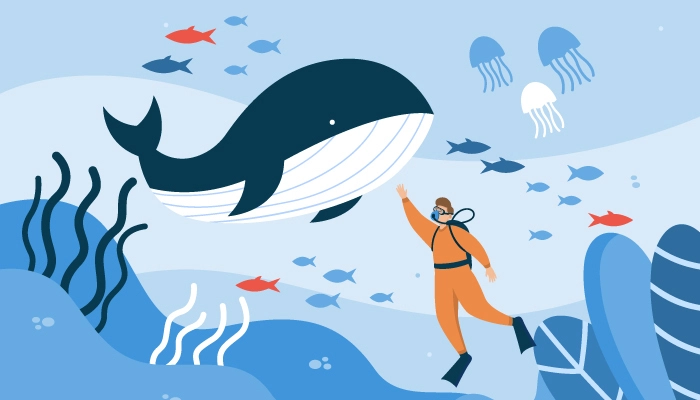

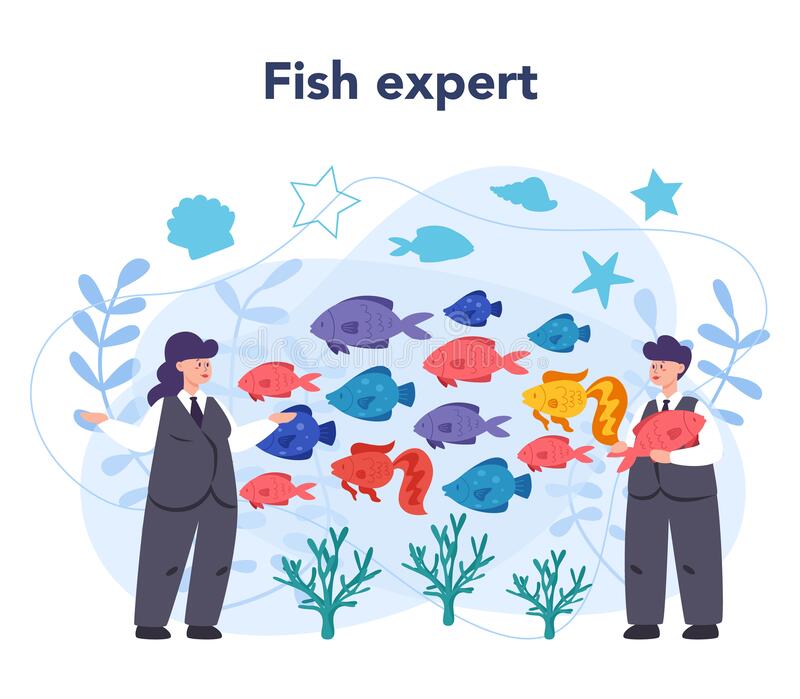


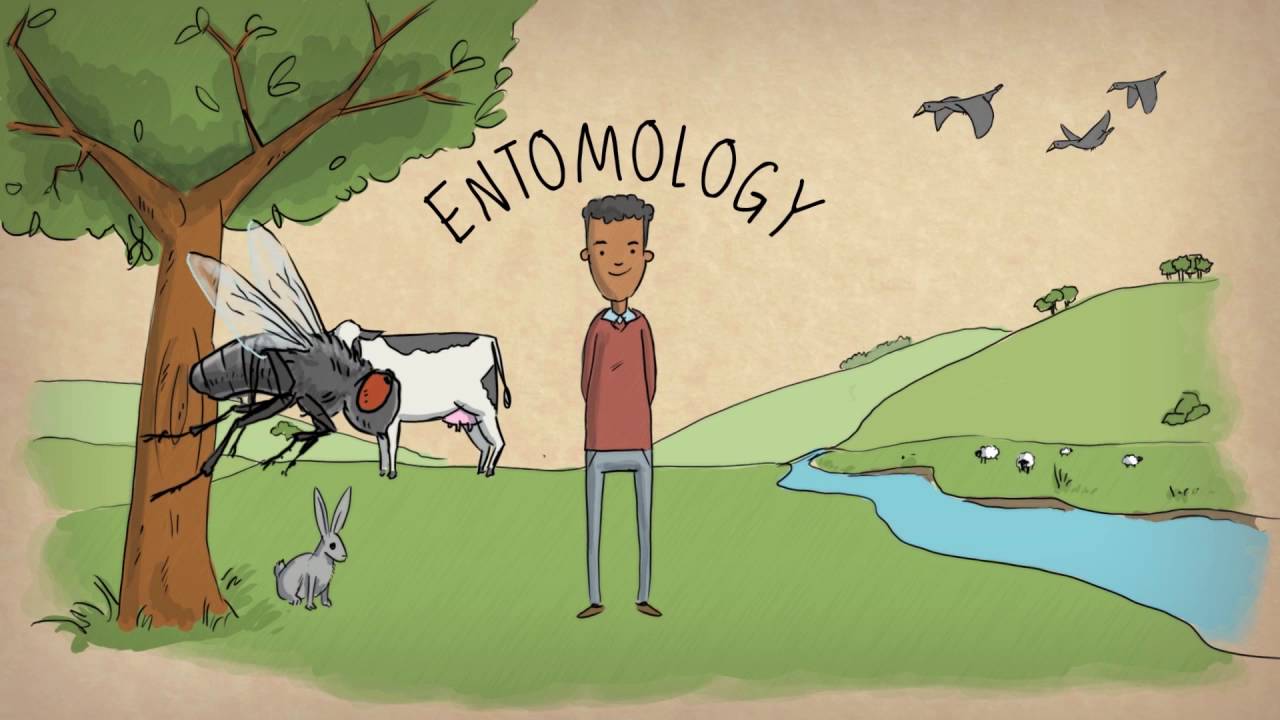





Wildlife conservationists are critical thinkers who are passionate about preserving wildlife and their habitats. They use their analytical skills and decision-making prowess in the laboratory when researching and planning. In the field, their determination and passion are focused on protecting various ecosystems including rainforests, grasslands, and oceans. Excellent public speakers, they are tasked with consulting and advocating for sustainable policy. They do this by educating the public on the importance of caring for wildlife and the environment.
The main objective of a wildlife conservationist is to understand and mitigate the impact of humans on wildlife and the natural environment. These conservationists will work with state, federal, and local officials, as well as parks and zoos. There, they may study elements like soil and water for signs of pollution or disease. An entry-level position in wildlife conservation typically requires at least a bachelor’s degree in the broader category of zoology or wildlife biology.
Many famous wildlife conservationists have dedicated their lives to protecting and managing biodiversity in forests, grasslands, and even marine environments.

The first step in becoming a wildlife conservationist is to complete undergraduate education. Many wildlife conservation jobs may prefer candidates with undergraduate degrees in a related field like biology, marine biology, chemistry, environmental science or environmental studies. If available at your university, you might choose to participate in a more specific degree program like wildlife biology, zoology, natural resources, agriculture science, sustainable aquaculture or fisheries biology. If you're interested in legislative and social activism conservation work, you might also choose a major like politics, economics or sociology and supplement your work with a minor in environmental studies or related classes.
There are many types of wildlife conservation careers to consider. Thinking about your specific career interests early can help you make effective decisions about which educational experiences to purse, which skills to develop and how to manage your professional development to help you achieve your goal. A few different types of wildlife conservationists to consider include:
Wildlife photographers: These individuals use their technical skill in photography to capture animals in their natural habitats. These photos can be useful tools in research and sustainability activism.
Conservation scientists: Conservation scientists use scientific research and experimentation to understand, improve and protect natural ecosystems. They might specialize in areas like land conservation, landscape ecology or resource conservation.
Conservation lobbyist or wildlife policy analyst: These professionals advocate for global sustainability through political campaigns and conservationist public policy. They might specialize in areas like preventing global warming, deforestation, hunting and animal endangerment.
Forester: Foresters are wildlife conservationists that manage forest resources and wilderness areas. They might plant new trees and protect existing habitats by preventing forest fires.
Wildlife biologist: Wildlife biologists use the scientific method to study flora and fauna in the wild. They might analyze animal migration, plant pollination or the effect of climate change on natural habitats and their inhabitants.
Wildlife conservationist educator: These professionals help educate students at elementary schools, high schools and colleges about wildlife conservation. They might also work at zoos, aquariums, national parks or wildlife rehabilitation centers.
After deciding which area you're most interested in, it can be helpful to gain professional experience. This can both strengthen your resume and give you the opportunity to experience what different potential wildlife conservationist careers might be like. One way to gain professional experience is to find an internship. Internships can be paid or unpaid and often last several months. In some cases, an internship can lead to a paid position if the organization likes you and your work.
If you'd like to gain some of the same professional experience with a shorter commitment, you might ask to shadow a conservationist instead. You can also apply for an entry level conservationist job with a government organization, wildlife preserve or political campaign. It may be helpful to look for positions that align with your undergraduate training.
While most wildlife conservation jobs accept individuals with a bachelor's degree or relevant life experience, some wildlife conservationist choose to pursue a master's degree to deepen their expertise in a particular area of study. This can be useful for those who'd like to pursue advanced conservationist careers in areas like environmental engineering or sustainable policy and legislation. A few advanced degree programs that you might consider include:
Wildlife ecology
Wildlife conservation and management
Ecology and evolutionary biology
Plant biology and conservation
Population and conservation biology
Fish, wildlife and conservation biology
Conservation technology
Marine conservation resource management
In many organisations there is no established career hierarchy, although in some environmental consultancies there may be a path from ecologist to senior ecologist and then on to principal ecologist.
There is considerable competition at all levels for jobs in conservation work and applicants must be able to demonstrate an enthusiasm and passion for the issues. A good way to do this is by participating in other activities, which will add to your experience and enhance your CV.
To further your career development you might consider volunteering to sit on the local biodiversity steering group or undertaking work for a local office of the. You could also participate in schemes run through:
Getting involved in organisations such as these can create opportunities to network and meet key players. However, it may still be necessary to move organisations and possibly relocate to gain promotion.
More senior posts usually involve a greater degree of office work, including planning, budgets, people management, and the administrative aspects of environmental management. Moving between the public, voluntary and private sectors may help you to gain experience and promotion.
Getting to play outside on a regular basis is one of the biggest pros for sure. Its an element to this line of work that attracts new conservationists who cannot bear the thought of a 9-5 office job. Having such a unique offices can lead to rich experiences. Being out and about in nature means that two days are never the same. Although my focus is always capercaillie when I'm out, I'm thrilled when I encounter other wildlife going about there business. I have fond memories from last survey season of gazing up at some crossbills having their lunch as the spring sunshine warmed my face. Moments like these make me question why I'd ever do anything else.
I know, working with people is not always top of the list of attractions to this career path. Some want to work with wildlife so they can avoid people entirely! However, as I found early on, the enthusiasm of other conservationists is infectious. In a career that is rife with depressing stats, sometimes it is the people working alongside you that can lift you up. I'll never forget that feeling when I first started volunteering. A feeling of coming home. You are not the only weird bird person in the room anymore!
Saving the best until last. The reason why I entered this career and the reason that I've stayed. That desperate need to help this earth. At first, I'll be honest, I didn't feel like I was making much of a difference. Spending endless hours fixing fences or cleaning hides didn't exactly feel like assisting the cause. However, as I've progressed, I am now in the position to make a real difference for a species. It can be intimidating. Being the only person working full time to save this species in the UK, which is teetering on the edge of extinction, is pressure. A big responsibly, yet I wouldn't have it any other way.
That's it, I hope this insight is helpful for those of you perhaps considering this career path. If you haven't been scared off, I have written my 5 essential tips on how to successfully get into this field here.
I may have come a long way from aspirations of elephant cuddles, but I am grateful for my 13 year old self who dared to dream big. I could never of imagined where this would take me. What a life.
:
Ah the money question. Inescapable and an important factor to consider. Conservationists typically don't earn a huge salary. It varies within the industry, with ecological consultants often earning more than those working for a charity, for example. In fact, often conservationists end up working for free. Most conservationists I know started out with some unpaid volunteering, in order to get the relevant experience often required for paid positions. Some organisations even ask you to pay THEM to volunteer. These are often the glamorous placements in exotic countries, many seemingly involving turtles. I did over a year of unpaid volunteering in total. Almost of all of this with the RSPB, which worked out as this is now the charity I work for. So keep your expectations realistic and, depending on your circumstances, you may have to work in perhaps less exciting jobs in the meantime to drum up the funds. I waitressed for seemed like a lifetime!
This is not much of a surprise in some ways. At least on the surface, conservation sounds like a dream career. However, in the UK at least, there aren't a huge number paid positions. A full time paid permeant contract is like gold dust. There tends to be a lot more seasonal positions, short term contracts where monitoring help is required during wildlife breeding seasons. This lack of security and constantly applying for new positions can put some people off. Quite rightly. But this flip side to this is that this can result in a smaller number of people to compete with if you are willing to stick it out...
Wildlife conservation is full of unsociable hours. Everything revolves around wildlife timings. They can be inconsiderate buggers. My spring consists of getting up at 4am to monitor capercaillie. I have done many a dawn count and also stayed up to the early hours tracking nocturnal birds. Surveying can involve long days in all weathers. This can be sat in one position for hours on end, or walking miles over tough terrain, all with the real expectation that there is a good chance to won't find what you seek. The work can be physically challenging and also very unglamorous. I spent an entire summer being covered in seabird poo with no showers. It is not one for the faint-hearted.
Call us at +91 9205084085, Monday - Friday, 9 am - 7 pm


